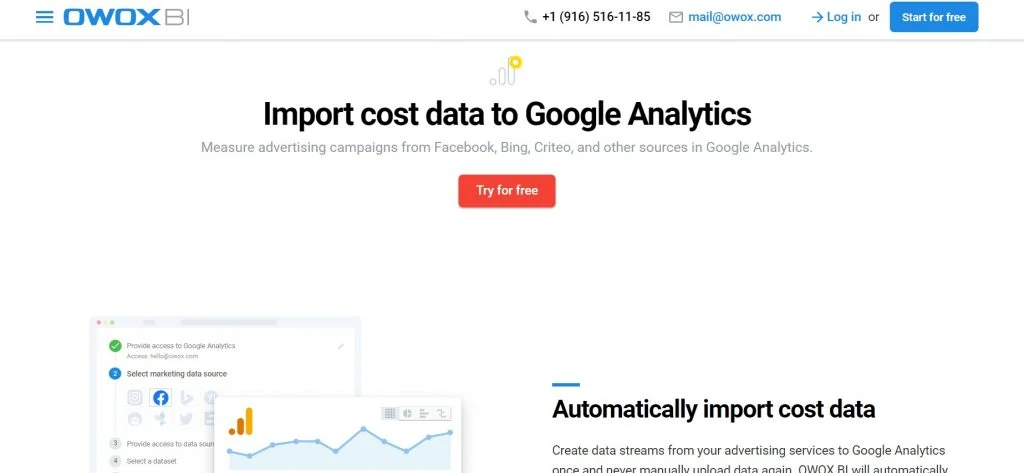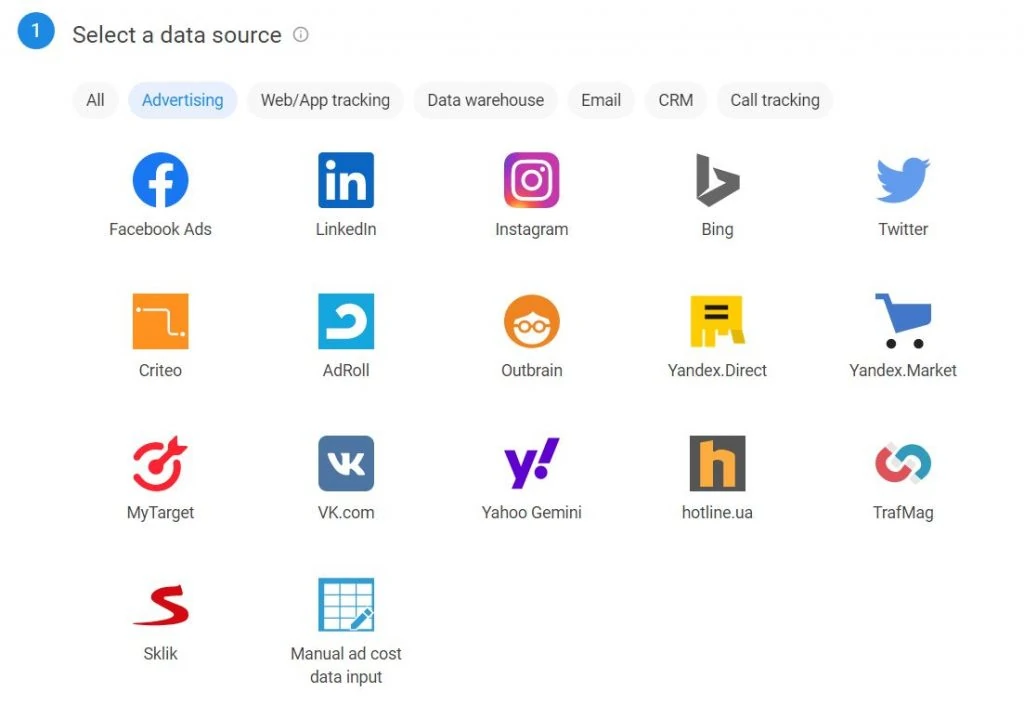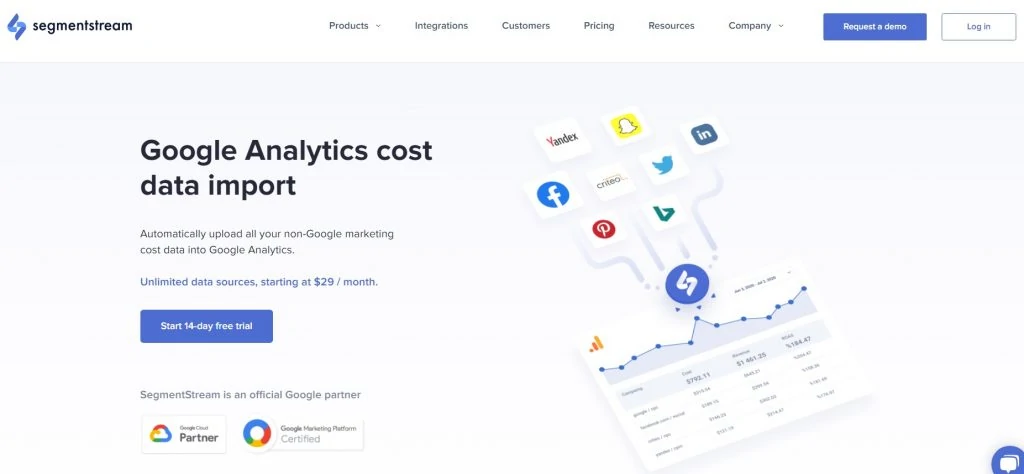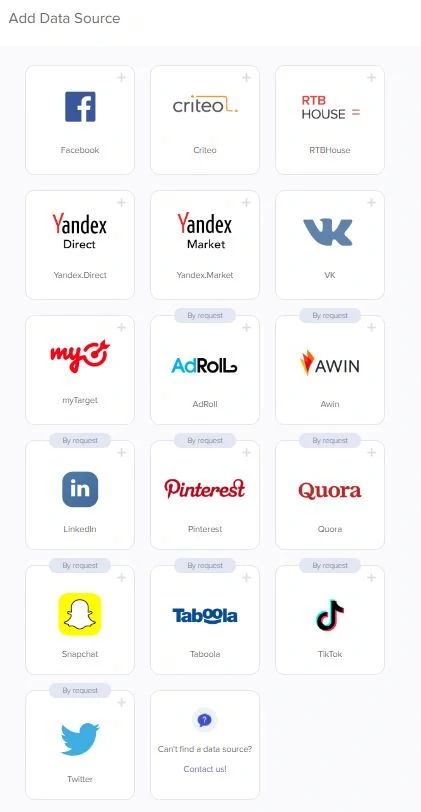Data import is a feature that uploads cost data into Google Analytics. Its function is you can import non-Google advertising campaigns.

Uploading Facebook advertising metrics such as clicks, impressions, and the cost is now possible. The data import feature merges the cost data with Google Analytics metrics. This is through the of UTM tracking. When campaigns are run on other platforms, UTM tracking measures the impact.
The end goal is to calculate the return on ad spend of each uploaded advertising cost that are not from Google Ads.

But the data import is manual work and is prone to human error. I tried it and the chore was unbearable. I uploaded Facebook campaigns and I spent too much time. I mapped out and making sure the UTM tracking on the Facebook side matches the UTM in Google Analytics.
Is there a way to automate the data import feature of Google Analytics?
4 Tools To Import Cost Data Into Google Analytics
There’s no built-in way to automate the data import in Google Analytics. Here’s a list of a few 3rd party tools that automate uploading cost data.
These ones stood out to me the most. The common denominator between these tools is brand visibility and price. The list below illustrates some of the pros and cons of each tool.
1 – OWOX BI

OWOX BI is an analytics tool provider. Their products are in marketing analytics and business intelligence. One of their products is automating Google Analytics data import.
They have data connectors to Google BigQuery. They also provide attribution modelling and analytics consulting.
Focus:
– Offers free trial.
– Their paid plans start at $55 a month.
– Robust support of data integrations.
– There’s a manual ad upload. Upload organic, email, partnership campaigns, and other channels.
– It’s an all-around business intelligence platform.
Supported platforms:
– Facebook Ads
– LinkedIn
– Instagram
– Bing
– Twitter
– Criteo
– Adroll
– Outbrain
– Yandex.Direct
– Yandex.Market
– Manual upload

Considerations:
– Upload of historical data might be limited to some.
– Uploading historical data in Google Analytics has a delay and not immediate.
– Their documentation mentions that historical data are actualized after 21 days (source).
– You can’t pick a single campaign to upload. It imports all -campaigns to Google Analytics as mentioned in their walkthrough.
2 – SegmentStream

Start a Trial with SegmentStream
SegmentStream is a data intelligence platform company that started in 2018. They also provide data analytics integration to databases through Google BigQuery. Even as a fairly new company, I say they’ve made good strides in the digital space.
Focus:
– Offers free trial.
– Price is encouraging starting at $39/month for monthly billing up to $5,000 monthly spend.
– The subscription price is shared between non-Google platforms.
– Custom pricing is available.
– Many supported channels.
– The user interface is very simple
Supported platforms:
– Facebook Ads
– Criteo
– RTBHouse
– Yandex.Direct
– Yandex.Market
– AdRoll
– LinkedIn
– Pinterest
– Quora
– Snapchat
– Taboola
– TikTok
– Twitter

Considerations:
– Some data sources are by request.
– You need to contact their team if want to import historical data.
– Importing historical data is 30 days for monthly subscriptions.
– Importing historical data is 6 months for annual subscription users. But this depends on the advertising channel (source).
– You pay a higher fee if you’re actively spending on non-Google advertising and the shared account might throw companies off.
Conclusion: Upload Cost Data to Google Analytics Faster
Google Analytics data import is a pain.
I tried it myself and it’s prone to human errors because of manual work. The grunt work intensifies when working on different campaigns on different platforms. If you have the budget, spending a small fee removes this manual work.
Marketing data is often fragmented because of separated channels. Marketers and analysts need to focus on optimization, analysis, and business growth. Find ways to automate very menial tasks improves efficiency and lead to business growth.

